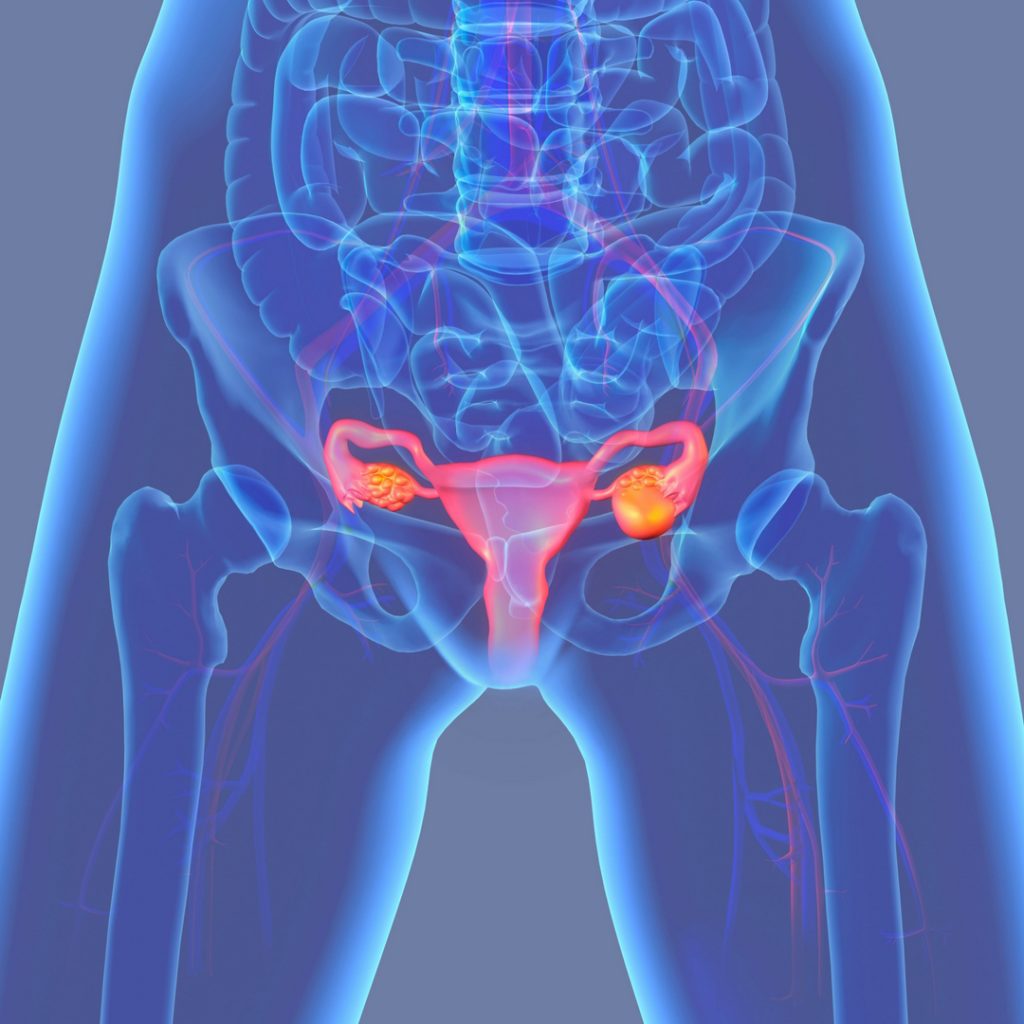Have you ever felt betrayed by a trusted friend or loved one? Felt the fear of losing someone close to you? Did you know that if you’ve ever experienced either of these or some form of loss, even the loss of a pet, that the emotional conflict created by this loss could lead to a biological conflict within the body that could set the environment ripe for developing ovarian or testicular cysts?
According to Dr. Ryke Geerd Hamer, the body can create ovarian or testicular cysts as a way of healing from the biological conflict of loss. This conflict is often the result of feelings of betrayal, perhaps an argument with an unfaithful partner, experiencing miscarriage or coerced abortion, or even having the fear of losing a loved one.
When I discussed this finding with someone I know, who has experienced a number of reproductive issues, she recalled that, as a young girl, she dealt with depression and suicidal thoughts. When she would approach her parents about how she was feeling, she was often told to “suck it up” or that “Christians don’t get depressed.” The latter statement often stung because not only did this woman have ill feelings towards herself, she also felt worse that she was in some way offending God by feeling the way she did. Often, she felt that she was not receiving the support that she needed and felt betrayed by her parents. Her feelings often resulted in bouts of anger and arguments with her siblings. Without having an appropriate outlet for her feelings, she did not learn, early on, how to deal with her negative feelings. Therefore, her body dealt with the issue of betrayal internally.
In looking at the female reproductive system, when a woman is dealing with this type of loss/betrayal, her estrogen levels drop, creating irregular periods, no periods at all (amenorrhea), or infertility. When the conflict results in infertility, this can last until the conflict is resolved or can go on indefinitely.
During the healing phase of this conflict, the body realizes that it needs to produce more estrogen. To do this, according to Dr. Hamer, the body develops ovarian cysts which develop in three phases, taking approximately nine months to complete as in the same time that it takes the body to create a child.
Phase 1: The body develops fluid-filled cysts that attach to the ovaries. The purpose of this development is to boost the woman’s estrogen levels. In the cysts, the ovarian cells proliferate, creating an abundance of estrogen for the body. The reasoning behind the increased estrogen production is to make the woman more attractive and ready for conception at the end of the conflict as the body likens any significant form of loss to the loss of a child.
Phase 2: The cyst attaches to nearby tissue for stabilization and for blood supply. This is often where conventional diagnoses believe that the cyst has metastasized, requiring removal. However, according to Hamer, this is required for the healing phase of the conflict. The cyst needs stabilization and blood in order to complete its purpose in producing the additional estrogen for the body. According to Dr. Hamer, a cyst should never be removed until it is no longer filled with fluid and has completed its development.
Phase 3: The cyst now hardens, losing most of its fluid and loosens from the nearby tissue. At this stage, the cyst is now ready to be integrated into the body’s natural hormone producing process of the ovaries.
In men, although the cysts develop differently, the area of the brain that controls the growth of testicular cysts, the cerebral medulla, is the same area of the brain that controls the growth and development of ovarian cysts. Therefore, the body, whether it be male or female, has the potential of dealing with loss or betrayal in similar ways.
Often, as some parents are not quite aware of how to deal with emotional trauma in their children, people can grow up without the proper coping mechanisms to bring them through their overwhelming feelings of depression, hurt, or betrayal. Having ovarian or testicular cysts can be an uncomfortable, painful, embarrassing, or frightening experience. It’s difficult to imagine that something that can cause so much pain in the body can actually be assisting the body in healing from feelings of loss or betrayal.
It’s never too late to get the help that you need in dealing with past or current issues hurt, betrayal, or loss. Reach out and let me know how I can assist you in developing the tools that you need to live a healthier and happier life.
Ready to make your health a priority? Contact me here to schedule your consultation.

